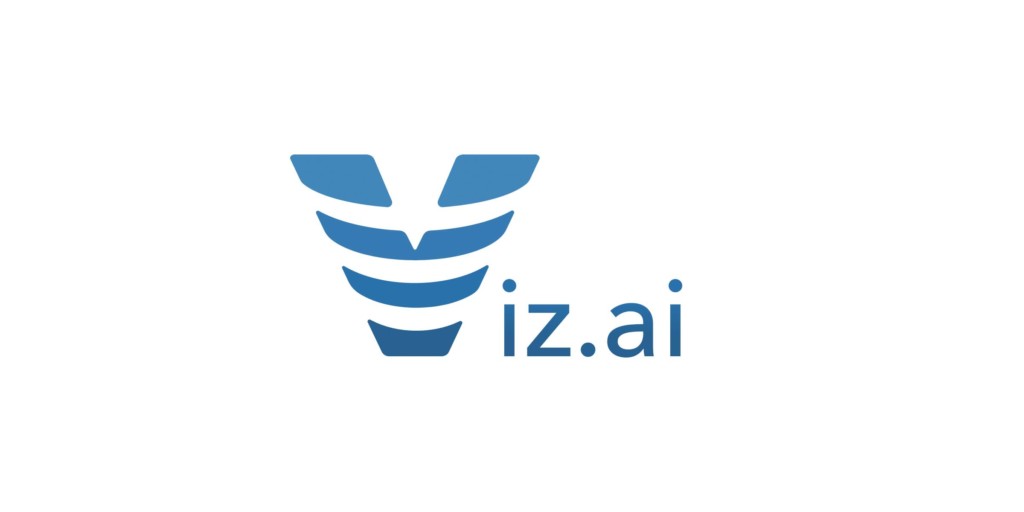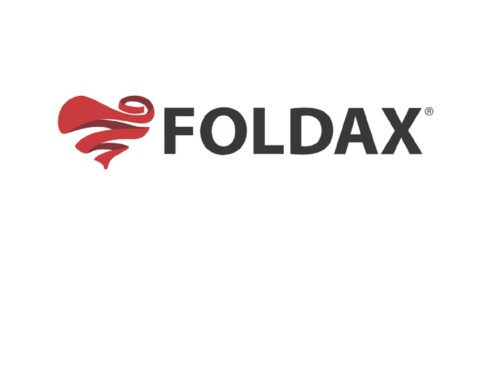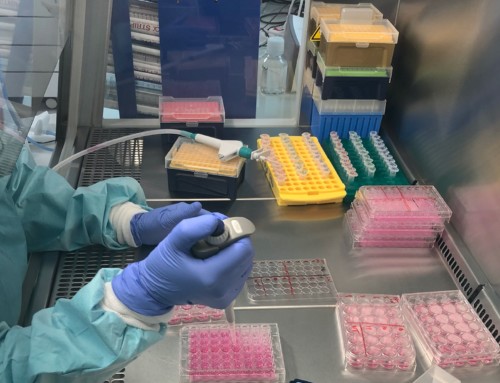
Viz.ai, who is developing the first synchronised healthcare software (Viz) using artificial intelligence (AI), has announced a $50 million Series B funding. A press release reports that the funding round was led by Greenoaks with participation from Threshold Ventures, CRV along with existing investors GV and Kleiner Perkins.
The press release adds that Viz.ai has emerged as one of the most exciting and fastest growing healthcare companies in the AI space. The company was recently named by Forbes as one of “America’s Most Promising Artificial Intelligence Companies”. Through the de novo FDA pathway, Viz.ai introduced the concept of computer-aided triage software—the software uses deep learning algorithms to identify a suspected large vessel occlusion in a CT scan and alerts the stroke team specialist. This is designed to happen in minutes. By alerting the right doctor at the right time and synchronising care, Viz has the potential to significantly reduce the time to treatment and greatly increase a patient’s chances of a good outcome.
Chris Mansi, CEO of Viz.ai, comments: “Viz.ai’s mission is to improve access to lifesaving treatments. In stroke, by saving time for the hospital system, we can achieve significant cost savings for the payer and most importantly, improved outcomes for the patient. This round of funding will enable us to expand the benefits of synchronised care to more disease states and geographies, democratising the quality of healthcare globally.”
Viz.ai’s acute ischaemic stroke software is now available in over 300 hospitals across the USA. J Mocco (Department of Neurosurgery, Mount Sinai Health System, New York, USA) says: “Viz.ai shortens time to treatment, increases the number of patients able to receive lifesaving therapy, and allows us to provide the best care for our patients. With stroke being the number one cause of long-term disability, every minute counts! Viz.ai is reducing the impact of this devastating disease and saving lives.”
Viz.ai is aiming to make a big impact on healthcare as a whole by curating the exponentially expanding healthcare data and making it immediately actionable for medical providers.





